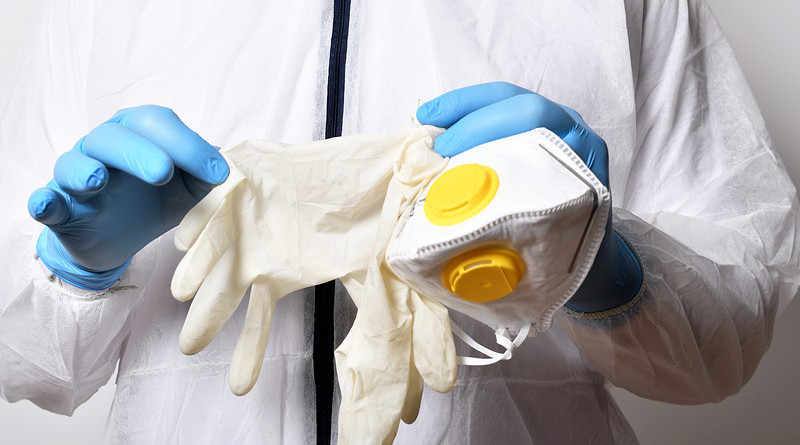COVID-19’s Impact On Cancer Prevention And Control In Africa
When the COVID-19 pandemic reached Africa, the continent was already struggling to deal with another public health crisis – a growing cancer epidemic characterized by more than one million new cancer cases and nearly 700,000 deaths per year.
In a Perspective, Beatrice Wiafe Addai and Wilfred Ngwa discuss the significant challenges COVID-19 imposed on cancer prevention and control in Africa and how the efforts to address these challenges highlight key opportunities where greater investment could improve cancer care globally.
At the start of the pandemic, many African governments were forced to rapidly divert already limited medical and healthcare resources away from cancer patients to treat those infected with SARS-CoV-2 and slow the spread of COVID-19.
According to the authors, many African countries curtailed or cut cancer prevention activities, including awareness education and outreach, early detection screening, and vaccination, gaps that are likely to persist beyond the COVID-19 era.
In addition, closed borders have made the international sharing of hospital-based resources and specialized lab diagnostics nearly impossible.
Wiafa and Ngwa argue that, while necessary, this reallocation of critical health resources could lead to an increase in the number of late-stage cancer diagnoses and, thus, mortality across the continent.
However, as many African nations have adapted to rise to these challenges, opportunities have also been created, such as cloud-based education and telemedicine, expansion of localized diagnostic capabilities and more efficient radiotherapy administration.
The authors suggest that greater investment or policy in these areas could substantially increase access to cancer care worldwide.

